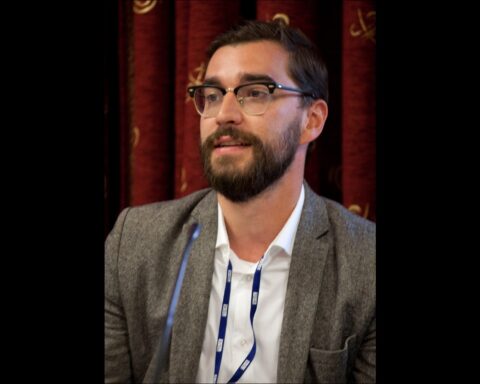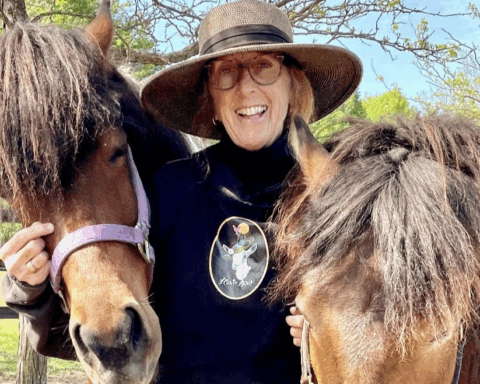Hope Frozen
(Thailand, 75 min.)
Dir. Pailin Wedel
Programme: International Spectrum (World Premiere)
The death of a child must be an incredibly difficult event for a parent. Letting go of a life one brought into the world seems incredibly cruel and unfair for a parent to have to do. For parents Sahatorn and Nareerat Naovaratpong, however, letting go of their daughter is something they refuse to do.
Hope Frozen chronicles the controversial story of a Thai family that puts love on the line and faith in science. The doc recounts the Naovaratpongs’ story with remarkable access, intimacy, and objectivity as it lets the family tell of the death of their two-year-old daughter Matheryn, nicknamed Einz, their bundle of joy whose life was tragically short-lived due to an aggressive form of brain cancer. Sahatorn, a laser scientist, explains how he devoted himself to studying the cancer that was rapidly stealing Einz away from the family. He admits his nightmarish conclusion with touching frankness: there was simply no chance for his research to progress at the same rate as the cancer.
However, director Pailin Wedel chronicles the Naovaratpongs’ controversial decision to have Einz cryogenically preserved in hopes that science could one day bring her back to life. The parents, both Buddhists and devotees of science, explain frankly how the specialists in Arizona’s Alcor Lab preserved Einz’s brain. Each interview resonates with the hope they hold out that their family can once again be complete.
Hope Frozen presents this difficult debate from objective viewpoints: the parents feel they’re helping families worldwide, knowing that the experiment can potentially save future parents from saying goodbye to their children. Wedel conveys the science in relatively accessible terms, thanks in large part to the participation of Einz’s older brother, a 15-year-old science whiz named Matrix, who devotes himself to the pursuit of science. Matrix is a great character, a devoted brother, who opens himself up to the camera expresses his sense of responsibility for the situation since his parents had Einz because he wanted a sibling. There’s an underlying cruelty to the situation, too, as one sees how the family’s inability to let go of Einz prevents him from growing up fully. Einz’s death permeates every frame of the film as the Naovaratpongs carry on in a state of suspended grief. The girl is clinically dead, but she’s not gone in their views, and they speak of Einz in a fascinating mix of past and present tenses.
Especially intriguing is the element of Thai Buddhist culture that sharpens the controversy. Once news of Einz’s freezing hits the Thai media, it proves immediately controversial because commentators worry that the experiment conflicts with Buddhist doctrine. One pundit aptly notes that the process defies notions of reincarnation if the parents hope to bring Einz back to life years—if not decades or centuries—from now, if at all. Many observers feel that Einz’s soul is trapped in limbo and unable to move on from one life to the next.
Hope Frozen might be a scientifically fascinating study of familial devotion or a morbid portrait of selfishness depending on how one interprets Wedel’s objective film. It can be both, as the film approaches the debate from numerous angles of science, ethics, faith, and family. It’s hard to say how many people died when Einz passed away on January 8, 2015, and the final title cards of Hope Frozen afford no easy answer to the family’s future. It’s an awfully difficult film to watch—if an infinitely fascinating one.
Hope Frozen screens:
-Sat, Apr. 27 at 9:00 p.m. at TIFF Lightbox
-Mon, Apr. 29 at 12:00 p.m. at Cineplex Scotiabank
-Thurs, May 2 at 4:15 p.m. at TIFF Lightbox
Visit the _POV _Hot Docs Hub for more coverage from this year’s festival!











